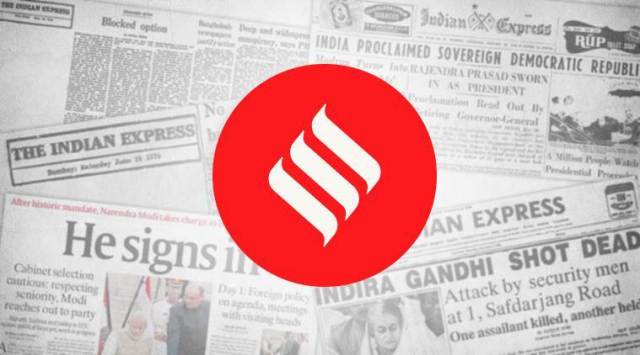
Nearly two years after the Supreme Court declared instant triple talaq or talaq-e-biddat as unconstitutional, Parliament has passed the Muslim Women (Protection of Rights on Marriage) Bill, outlawing the practice. In its nearly year-and-a-half long sojourn in Parliament, searching questions have been asked of the Bill’s provisions. As a result of these deliberations, the legislation passed by the Rajya Sabha on Tuesday is somewhat different from the one introduced in the lower House in December 2017. The question, however, is: Has the government allayed all the major apprehensions about the Bill? Last year, it did introduce amendments to dilute the Bill’s most contentious section — the criminality provision. “An offence punishable under this Act shall be cognisable, if information relating to the commission of the offence is given to an officer in charge of a police station by the married Muslim woman upon whom talaq is pronounced or any person related to her by blood or marriage,” reads Clause 7 of the Bill — a climbdown from the original clause, which allowed anyone to file a complaint. Yet, the question remains: Why deem what is essentially a civil wrong as a criminal act? The government has failed to give a convincing response to the Opposition’s criticism that a three-year prison term for a husband who pronounces triple talaq would end up doing the estranged wife more harm than good.
The government has deployed the argument of women’s empowerment to counter every objection to the Bill. The imperative of gender justice is, indeed, compelling. It is also true that the Supreme Court judgment had recognised the discriminatory nature of triple talaq. However, the 3-2 verdict also spoke of the complexity of the issue and its fraught political milieu. In laying out the intertwined aspects — gender equality, freedom of religion and personal laws — the five-judge bench had put forth a language of reform without being oblivious of or disrespectful to the apprehensions and insecurities of the minority community. Evidently, however, the government did not take its cue from this landmark verdict. It did not make any attempt to strike a conversation with the minority community or put to rest fears that the bill is another ruse for majoritarian assertion — not even after Prime Minister Narendra Modi began his second stint in office by announcing “sabka vishwas” as his government’s credo. In fact, in the current Monsoon Session of Parliament, the government used the weight of its numbers to ride roughshod over the Opposition’s demand that the Bill be sent to a select committee.
The Opposition’s conduct has also left much to be desired. After failing to offer substantive criticism when the Bill was first moved, it did close ranks. But developments on Tuesday indicate that it has lost its appetite for a fight — as many as 23 Opposition members were not present in the House. The triple talaq law required thorough legislative scrutiny. Both the government and the Opposition failed to provide it.